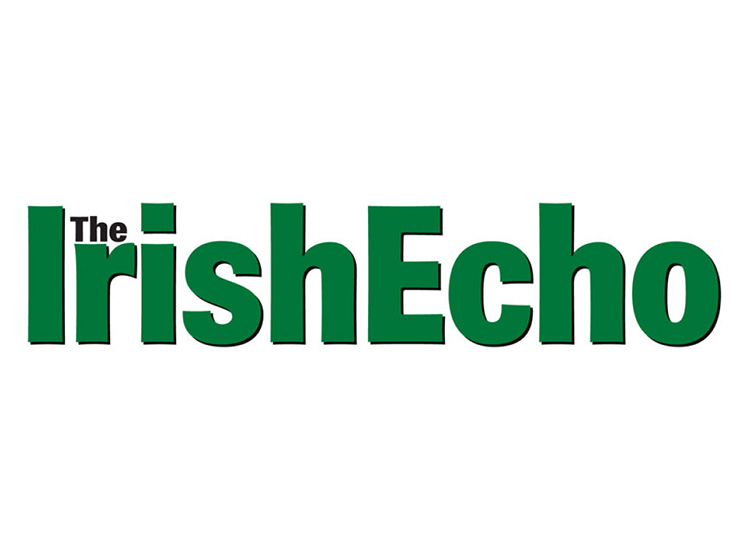[caption id="attachment_67280" align="aligncenter" width="600" caption="John Corrigan."]
It has been a favorite refrain among Irish political leaders for months now. Ireland is not Greece, Ireland is meeting its financial obligations under the EU/IMF bailout, or, as finance minister Michael Noonan likes to put it, "we are ticking off all the boxes."
Well, Dublin's diligence appears to be impressing the powers that be in the International Monetary Fund. The IMF said last week that that there was no immediate need for the Irish government to take dramatic steps beyond the existing measures in the bailout plan.
Of course, this was also a reminder to stick to the plan.
In an upbeat assessment of the Irish economy, according to an Irish Times report, IMF European director Antonio Borges said it was performing surprisingly well and that conditions now were much better than they had been before.
Ireland's performance was exemplary, but the situation remains challenging, Borges said.
"As you know we can look at all kinds of downside risks and it's not excluded that if there was a real recession throughout Europe the Irish would have to take additional measures but we are hopeful that will not be necessary," he said.
The Times report, however, pointed out that Borges' remarks were at odds with senior figures in the European Central Bank who have been pressing for an acceleration of Ireland's austerity drive in the upcoming 2012 budget, this to ensure that the recovery is not blown off course as the sovereign debt crisis worsens and economic growth slows down.
Together with the European Union Commission and the European Central Bank, the IMF makes up the "troika" which is overseeing Ireland's international bailout.
Meanwhile, John Corrigan, the chief executive of Ireland's National Treasury Management Agency, said investors "mostly" believed that Ireland was the best positioned among Europe's periphery nations, the Times additionally reported.
At the same time, Corrigan warned that the interest rate Ireland would have to pay to borrow when it returns to debt markets would be "considerably higher" than the three percent being charged in the bailout.
Under the terms of the bailout agreement, Ireland needs to return to the funding markets in the second quarter of 2013 at the latest.








